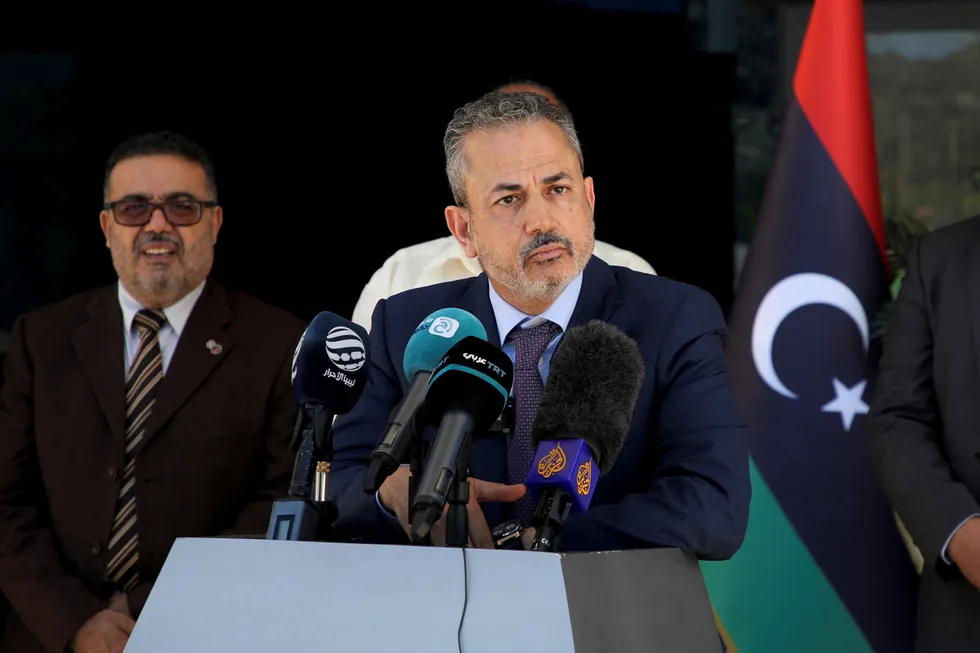Libya’s Ministry of Oil and Gas has unveiled plans to initiate a new round of oil exploration licenses in early 2025. According to a report by the Energy Media Platform, this initiative is poised to enhance Libya’s oil production capabilities and provide a significant boost to the nation’s economy, which relies heavily on its energy sector.
Targeting Libya’s Rich Hydrocarbon Basins
The upcoming licensing round will focus on three of Libya’s most promising regions: the Sirte, Murzuq, and Ghadames basins. These basins are known for their exceptional hydrocarbon potential but remain underexplored, presenting an immense opportunity for growth in the nation’s oil and gas industry.
The Sirte Basin has been a cornerstone of Libya’s oil production for decades, while the Murzuq Basin, with its vast untapped reserves, is emerging as a focal point for exploration. The Ghadames Basin, a lesser-developed area, also holds significant promise for future oil and gas activities.
Harnessing Libya’s Untapped Potential
Industry estimates suggest that the Sirte and Murzuq basins account for 93% of Libya’s recoverable oil reserves. The Murzuq Basin alone is believed to contain approximately 5 billion barrels of oil equivalent, making it a critical asset in Libya’s energy portfolio.
By targeting these regions, Libya’s Ministry of Oil and Gas aims to attract international oil companies (IOCs) with streamlined regulatory processes and competitive terms. This move aligns with the government’s broader strategy to revitalize its energy sector and secure long-term economic growth.
Economic and Strategic Importance
Libya’s economy is deeply intertwined with its oil and gas sector, which serves as the primary source of government revenue. Expanding production in these basins could not only stabilize domestic energy supplies but also strengthen Libya’s position in the global energy market.
Beyond economic gains, the new licensing round is expected to drive job creation, technological exchange, and regional development. Increased oil revenues could also fund critical public services and infrastructure projects, contributing to national stability and growth.
Navigating Challenges
Despite its potential, Libya faces challenges in executing this initiative. Political instability, logistical barriers, and environmental considerations are significant issues that need to be addressed to ensure the success of these exploration projects. Close collaboration between the government, private sector stakeholders, and international partners will be essential in overcoming these obstacles.
Libya’s Vision for a Resilient Energy Future
The Ministry of Oil and Gas has expressed a strong commitment to reinvigorating the nation’s energy sector. By focusing on underutilized basins and leveraging advanced exploration technologies, Libya aims to solidify its status as a leading oil producer in the region while fostering sustainable development.
The global energy industry will closely monitor this initiative as it unfolds. With its vast hydrocarbon resources and strategic location, Libya has the potential to play a pivotal role in meeting global energy demands while driving its own economic recovery.





